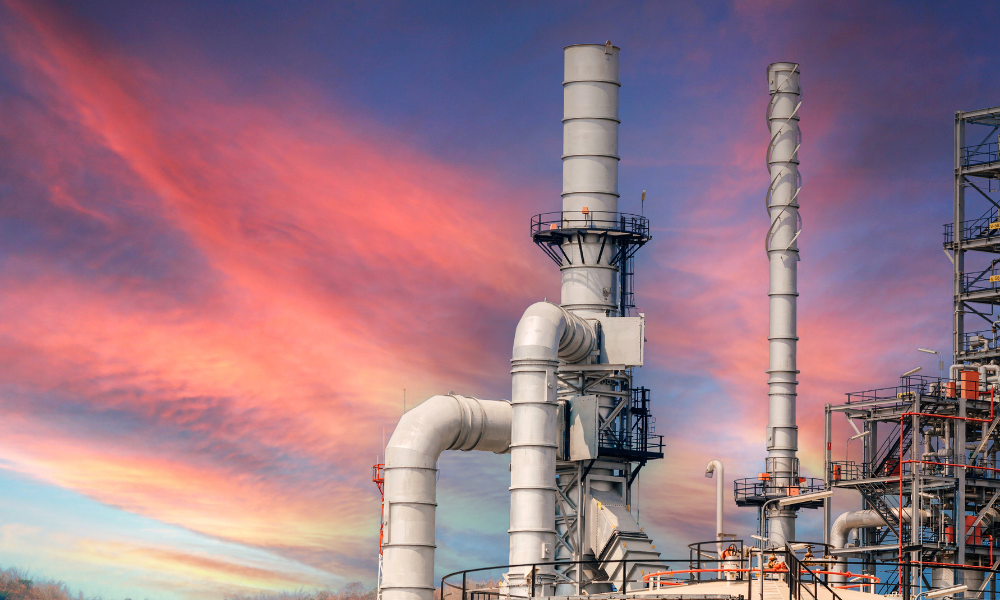Trans Mountain fuels crude flows to Asia as Alberta pushes for new export routes beyond US

Japan could soon play a bigger role in Canada’s energy future as Alberta explores a possible investment in the country’s refining sector, Reuters reported.
Two sources familiar with the matter said Alberta is in early talks with Japanese refiners on a joint venture that would see the province help finance a coker unit to process heavy crude from Alberta’s oil sands.
Any agreement would mark the first time Alberta invests directly in foreign energy infrastructure.
Alberta Energy Minister Brian Jean said in an emailed statement that “Alberta is exploring opportunities in Japan to sell our light and heavy oil,” but he declined to confirm whether negotiations on refining investments are under way.
The federal government is also tracking the discussions.
A spokesperson for Natural Resources Minister Tim Hodgson said in an email that “Natural Resources Canada (NRCan) is closely monitoring developments and remains open to partnering with provinces and industry to support strategic energy projects that advance Canada’s national interests.”
According to Reuters, a deal with Japan would complement last year’s Trans Mountain pipeline expansion, which tripled the line’s capacity to 890,000 barrels per day.
The project created new access to the Pacific Coast, opening Canada’s crude to buyers in Asia and the US West Coast.
Kpler ship tracking data, cited by CBC News, shows Japan’s Eneos Holdings purchased one 250,000-barrel cargo in 2023 and another 550,000-barrel shipment this year.
Since the expansion, China has emerged as the top buyer of crude moved through Trans Mountain, followed by the US West Coast and South Korea.
Alberta officials have made repeated trips to Japan and South Korea in an effort to build long-term demand for Canadian oil, as reported by CBC News.
At the same time, the province has been lobbying pipeline companies to develop a new export route to Canada’s northwest coast.
Reuters reported that Alberta sends about 4m barrels per day—roughly 90 percent of total Canadian exports—to the US via north-south pipelines.
For Japan, investment in a coker unit would allow its refiners to process more Canadian heavy crude, which is incompatible with most of the country’s existing facilities.
Japan currently imports most of its oil from the Middle East.
As per CBC News, higher volumes of Canadian crude shipped directly across the Pacific would reduce Japan’s reliance on flows through the South China Sea, a critical maritime route vulnerable to geopolitical tensions.
The Trans Mountain operator is already examining projects that could add 200,000 to 300,000 barrels per day in capacity.
In 2024, Canada exported an average of 4.2m barrels per day, equal to about 80 percent of national production, Reuters reported.


